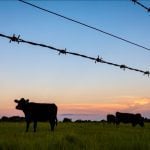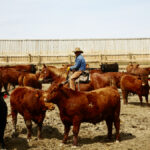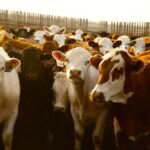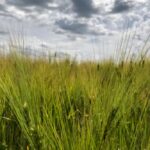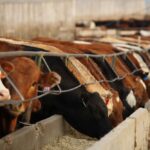Ottawa, ON – The Canadian Cattlemen’s Association (CCA) is pleased to see progression on a future Canada-United Kingdom Free Trade Agreement with the tabling of the objectives for negotiations on February 16, 2022, by the Honourable Mary Ng, Minister of Small Business, Export Promotion and International Trade. While Canada and the UK are currently operating […] Read more
